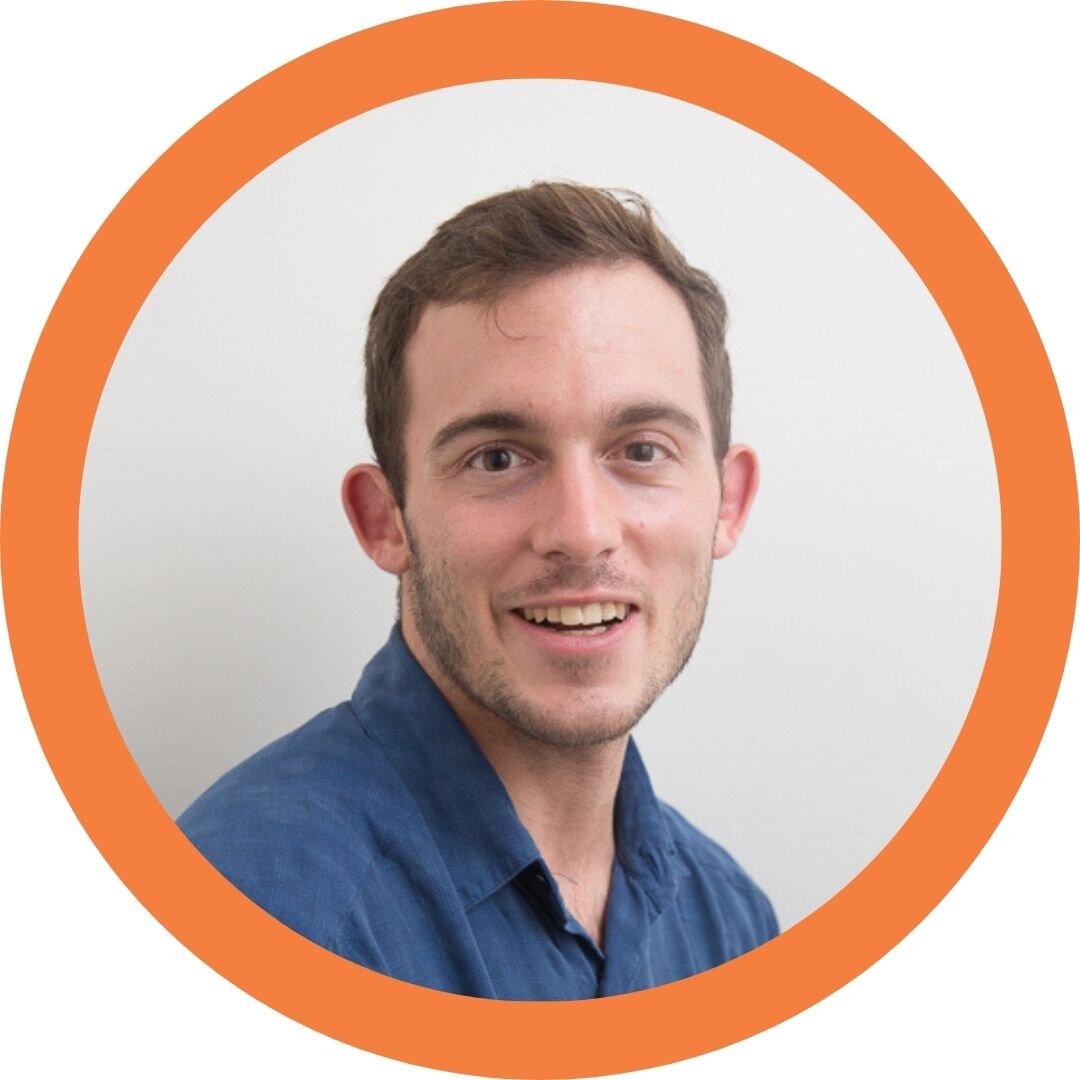Lifelong Learner
Samuel Fischer spent nearly five years leading Read by 4th’s data and analytics initiatives. He’s a thought partner, community advocate, and caring friend to many across Philly’s early literacy movement. Sam is currently pursuing his Master’s in Education at Harvard University. In the Human Development and Education program, he’s refining his passion for supporting families and early childhood development through research, data and evaluation.
LinkedIn | Email
Dear Read by 4th Campaign,
Thank you! What an incredible adventure. I can’t sum up what this means to me, or what you all mean to me. Even with all I’ve learned in evaluation.
So, what am I doing in the rest of this letter? Well, rather than be summative (telling the “whole” story of the past), I’d like to be formative (learning from the past to influence the present and future). And I’d like to focus on one part of my journey: learning.
As you may know, this position is changing with my departure, and the new title will be Manager of Data and Learning. Although it is ultimately this successor and you, the partners, who will chart the campaigns learning pathway, I can’t help but tell you what I see as I look forward. It is too exciting and full of possibility not to.
Learning is Everywhere
Philly percussionist, poet, and playwright, Karen Smith, brings music and joy to Black Lives Matter Book Walk event.
Learning is everywhere. We say it all the time in the campaign, and it’s as true for adults as it is for children. Learning happens at incredible research offices like the School District’s (seriously—check out their briefs, open data, and district wide survey data), and it also happens with practitioners and grassroots leaders like Reading Captains. We also know our learning is more powerful when we bridge those two worlds. Just look at the incredible work being done by the Home Libraries working group which is bringing research to practice, and practice to research with more equitable book distribution. Or, look at the Teacher Preparation and Support working group which is doing the same with teacher PD and parent workshops around the science of reading.
The Read by 4th Campaign is special—it doesn’t just convene either group, it brings them both together, and aligns them under common goals and strategies, with the flexibility to share and take back what makes the most sense for them individually.
As I look forward, I am excited to see what further research-practitioner projects will develop, especially with an upcoming evaluation of the Reading Promise campaign framework set to release early findings late this summer.
Embrace every teachable moment
Learning is a process, and Read by 4th loves the process. If you’ve been to our meetings then you’re likely familiar with our discussion prompts, norms, and value cards, as well as facilitation techniques. If you’ve been to our festivals then you’ve probably seen and maybe interacted with our community listening and reading promise boards.
Unlike our project-based learning discussed above, process-based learning is learning that is fully integrated in the day-to-day work and activities. You’re familiar with process-based learning if you’ve had a “huh” moment as you considered a question before typing something into the chat. Or if you’ve been broken up into small groups so you could go slower, dig deeper, or get a little more honest with your learning partners.
These moments seem small, but just like for our children, they add up in a big way. I am excited as I imagine these practices being expanded, corroborated, formalized, taught, and proliferated across the campaign.
Create with you
Why do we learn? We learn so we can do something different, and in the process, make our world different. We are here to write worlds together, and that is a creative process embrace (enveloped) by reflection on both sides. As a campaign, we set aside time to reflect-create-reflect when we host our summits, have data walks with working groups, review reading captain outcomes at town-halls, put up community listening activities at our reading promise festivals, and review annual partner experience data at partner network meetings. These events are beloved, and for good reason, reflection invigorates creation and creation invigorates reflection. As an education movement, this fits our highest values, and serves our daily purpose to motivate and catalyze widespread action. I know the campaign is considering some exciting retreat-like learning experiences (Lectio) in the future as ways to fulfill that promise.
Protect your right to read
You probably heard it at the end of my last paragraph—we’re here to fulfill a promise. A promise that every child has the right to read.
Learning is not objective. Far from it. Learning is subjective to who we are, where we come from, the values we hold, and perhaps most importantly, the world we are trying to create. When we approach learning as objective, we hold back the gifts and characteristics that make us human, and the differences that make us the invaluable learning partners that we are to each other.
With that in mind, learning is inseparable from the work to build a more diverse, equitable, and inclusive Read by 4th Campaign, and Philadelphia.
This doesn’t just mean breaking data down by demographics for accountability—although it does mean that. It means counting the number of times we practice full inclusion by integrating communities into positions of power in our conversations--from sense-making, decision-making, data-making, and design for any learning project. It also means counting the number of meetings or spaces that are designed for learners who are neurocognitively different, might struggle with English, didn’t have the educational opportunities others have had because of poverty or racism, or just think and work differently than we might assume. It means counting the number of times we share the mic with someone we haven’t heard speak yet, because we know that someone else knows what we don’t know. And it means taking it on ourselves to develop culturally competency so when we’re in dialogue with each other, we’re ready to listen and to hear.
Final thoughts
Six years ago, this very summer, I sat in the library at G.W. Child’s Elementary school, about to begin a year of national service with City Year Philadelphia. Above the library doors, facing inward, was a quote I’ll never forget.
“Once you learn to read, you will be forever free.”
It’s important to remember that Frederick Douglass was still a slave when he learned to read. Which meant that, despite the chattels this world had placed on him, he still considered himself, in a way, unabridgably free--because he learned to read.
The doors of the library of that elementary school would remain locked that year, due to lack of funding for a librarian. And there are so many other doors that remain closed, and so many children who suffer for the opportunities we don’t give them.
Learning alone will not change the material condition of people in this world; it did not alone uncuff Frederick Douglass, and will not alone unlock those doors. And yet, there is a promise to learning. To learn changes something irrevocably inside of us, and forms a commitment inside of us to make things different. We, through learning, have a way out of being held back by this world, and through our internal resources can broader its horizons for those we live alongside.
This campaign is incredible in its undertaking and in the power of the people it connects. I truly believe that through learning this campaign can find the keys that, if we use them, will open doors for generations of children to come.
And I personally can’t end this letter without expressing how much I personally have been changed and transformed by this work. In reflecting on the college he works at, Rabbi Jacob Staub once told me
“Everyone comes here to change the world. Most leave having realized they’re here to change themselves.”
I feel this so deeply with my work at Read by 4th. I came to do good, and am leaving changed. I am leaving with a new sense of purpose, to continue to learn and grow and transform myself, as I try to participate in a process of collaboratively changing this world.
Here’s to being a lifelong learner.
Sam
The Read by 4th team: Abby Thaker, Janaye Evans, Sam Fischer, Jenny Bogoni.




